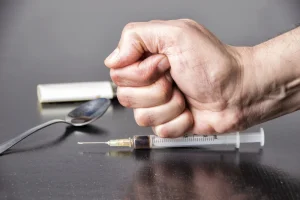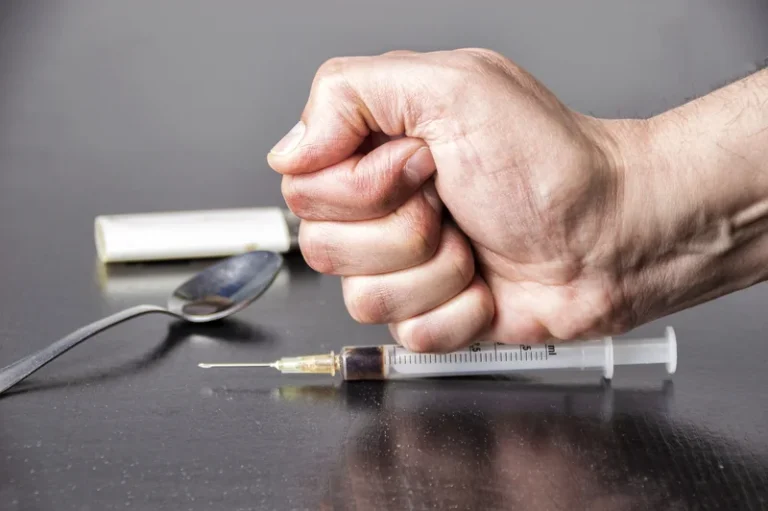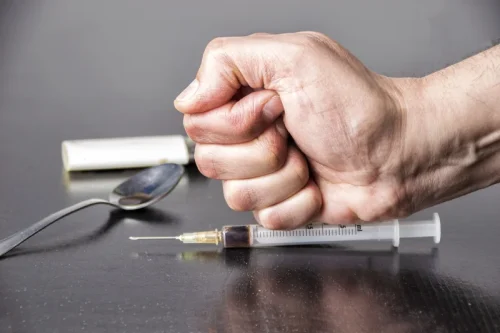
Abstinence halts the progression of neuropathy and allows the body to begin repairing damaged nerves. Chronic alcohol abuse often leads to deficiencies in essential nutrients, especially B vitamins such as B12, thiamine, and folate, which are vital for nerve health. Nutritional supplementation helps to replenish these vitamins, promoting nerve repair and overall health. A balanced diet rich in these nutrients is also essential for ongoing nerve support. Alcohol-related neurologic disease refers to a range of conditions caused by alcohol intake that affect the nerves and nervous system.
Direct toxic effects of ethanol or its metabolites (direct toxicity)
Alcohol inhibits the normal functioning of the prefrontal cortex, the area responsible for logical thinking and reasoning. As a result, individuals under the influence of alcohol may exhibit poor decision-making skills, engage in risky behaviors, and struggle to evaluate potential consequences accurately. Sensory symptoms, caused by damage to sensory nerves, usually begin in the feet before progressing to the legs, hands, and arms. Usually, when sensory function becomes impaired above the ankle, they will also spread into the hands, a distribution known as the stocking-and-glove pattern.5 Symptoms also often develop symmetrically. Thus, further preclinical and clinical studies are required to assess of this molecule in alcoholic neuropathy.
How long does it take to get neuropathy from alcohol?
People who drink heavily on a regular basis are at risk of developing this condition. The best way to prevent alcoholic neuropathy is to avoid excessive alcohol consumption and to seek treatment for alcoholism if you have difficulty doing so. N-acetylcysteine, an amino acid, is a potent antioxidant and helps to enhance glutathione concentrations. N-acetylcysteine may have application in the prevention or treatment of neuropathy. Rats with experimentally-induced diabetes for 2 months had a 20% reduction in nerve conduction velocity and 48% reduction in endoneurial blood flow. A mechanism of cisplatin chemotherapy-induced peripheral neuropathy heroin addiction was elucidated in an in vitro mouse model.
What causes alcoholic neuropathy?
A study published in the journal Alcohol and Alcoholism found that among patients with alcoholic neuropathy who maintained abstinence, 82% showed improvement in clinical and electrophysiological parameters after 24 months. Alcoholic neuropathy does improve with abstinence from alcohol and appropriate medical treatment. Alcoholic neuropathy presents a complex challenge in terms of treatment and recovery, with the extent of nerve damage and the timing of intervention playing crucial roles in determining the outcome. Although a complete cure is not always feasible, certain measures significantly enhance the prospects of recovery and improve quality of life. Alcoholic neuropathy damages the nerves due to prolonged and excessive alcohol consumption.

Alcohol Addiction Treatment

While some nerve damage from alcoholic neuropathy may be permanent, early intervention and comprehensive treatment improves symptoms and halt the progression of the condition. Abstaining from alcohol, improving nutrition, engaging in physical therapy, and using medications to manage symptoms leads to substantial recovery. The timeline for improvement varies among individuals, depending on factors such as the severity of the neuropathy, the duration of alcohol abuse, and adherence to treatment. Some individuals might see improvement within a few months, while others may require a year or more of consistent treatment and lifestyle changes to notice benefits. In addition to medical treatments, lifestyle changes play a significant role in managing alcoholic neuropathy.
Symptoms

Some of your bodily functions are autonomic, which means that you don’t directly control them. Nerves that are part of the autonomic nervous system help to regulate heart rate, body temperature, respiration, and blood pressure. Polyneuropathy involves damage to more than one nerve at the same time, usually multiple nerves throughout the peripheral nervous system and all over the body.

Progressed disease
Support groups, such as Alcoholics Anonymous (AA), provide a community of individuals facing similar challenges, which is instrumental in maintaining sobriety and preventing relapse. Rehabilitation programs often incorporate physical and occupational therapy to help patients regain strength, improve balance, and enhance their ability to perform daily activities. Physical therapy may include gait and balance training, range of motion exercises, and strength training.
- Often, individuals may not even realize that they are burned or cut because they just don’t feel it, which can elevate the risk for infection.
- Speak with a healthcare professional if you experience symptoms of alcohol-related neuropathy or are struggling to stop drinking.
- This neurological damage may be irreversible, highlighting the importance of early and effective alcohol use disorder treatment.
- For those with alcoholic neuropathy, rehabilitation also focuses on managing and treating the nerve damage, incorporating physical therapy, nutritional counseling, and strategies to prevent further nerve injury.
- Alcoholic neuropathy is a severe condition that can lead to pain, loss of some bodily functions, and loss of mobility.
Fetal alcohol syndrome can occur when a person is exposed to alcohol before birth. We’ve tried, tested, and written unbiased reviews of the best online therapy programs including Talkspace, Betterhelp, and Regain. Verywell acknowledges that a private nurse or caretaker may not be feasible for everyone and that readers do not have uniform access to safe, affordable, high-quality health care. People who drink heavily on a regular basis and have one or more of the following symptoms should contact a doctor. Many support systems and professional services are available in person or online to help you on your alcohol and nerve damage journey.

Alcoholic neuropathy can be diagnosed by a physician based on a person’s current or past consumption of alcohol and vitamin deficiencies/nutritional deficiencies. This is similar to how chronic alcoholism and alcohol toxicity dramatically increases one’s risk of developing a wide variety of different forms of cancer. To better understand the neurological effects of alcohol, it helps to explore some of the more well-known pathologies, disorders, and diseases. The following sections provide a brief overview of several neurologic conditions related to alcohol consumption. The primary treatment for alcoholic neuropathy is seeking help for alcohol use disorder.
